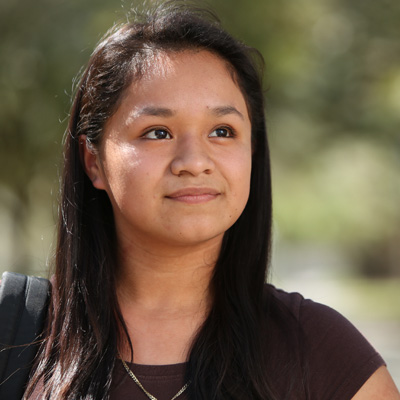Community investments are not enough to bring about the long-term, sustainable changes needed to create more opportunities for every student to achieve academic success and pursue, persist, and complete an education beyond high school. Helios Education Foundation’s Policy, Research, and Evaluation division leads the Foundation’s advocacy efforts around policies that improve educational equity and opportunity in Arizona and Florida, measures the effectiveness of education programs funded by the Foundation and examines the impact of existing and proposed education policy in both states. Below are the highlights of some of Helios’ policy, research and evaluation work in 2016.
Our research team initiated a multi-year mixed methods study to identify policy levers to improve Latino student success in Arizona. To do this, our team partnered with Dr. Eric Hedberg and Dr. Nancy Gonzalez from Arizona State University. Together our teams analyzed ACT and National Student Clearinghouse data for quantitative trends. We also carried out a series of focus groups with Arizona Latino students to understand their perspective on higher education. Out of this work, we identified a set of eight critical findings. They include:
Large proportions of Arizona students (of all races/ethnicities) are not academically prepared for college.

Arizona Latino students have postsecondary aspirations equal to White students; however, aspirations for Latino students do not actualize to the same degree for these students beyond high school graduation.
Latinos who score in the average range (18-22 ACT Composite) enroll in two-year postsecondary institutions at a higher rate than White students. Based on our research, the persistence and completion of students going to community colleges is less than that of those attending a university.

Academically prepared Arizona Latino students are going to four-year colleges at the same rate as White students and at institutions of the same level of selectivity (based upon Barron’s rankings).
The family plays a critical role in Arizona Latino student college decisions. The student is more likely to attend college if his or her parent(s) attended themselves and/or if the parent supports and encourages college attendance.

Because many families lack social capital to promote college-going pathways, the school can be a critical, primary source of influence on Latino student college-going (e.g., school personnel support and guidance, school programming, and school climate/culture).


While peers appear to exert less influence on college-going compared to the family, friends and classmates can be important sources of college information and support (or alternatively may dissuade the student from attending).
Many Arizona Latino students believe college is cost prohibitive and see affordability as a barrier to college attendance.